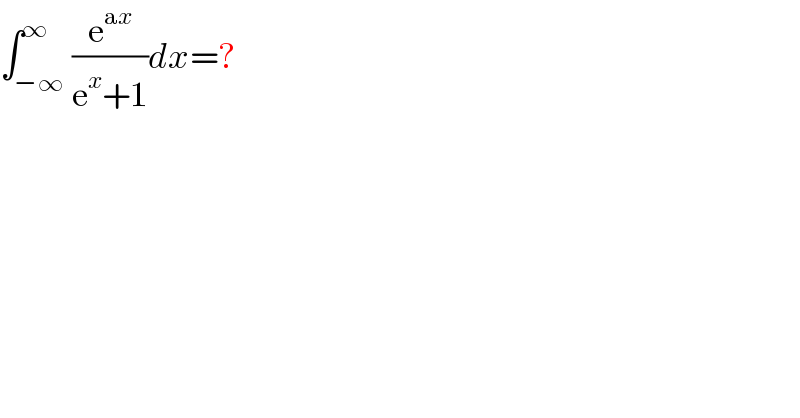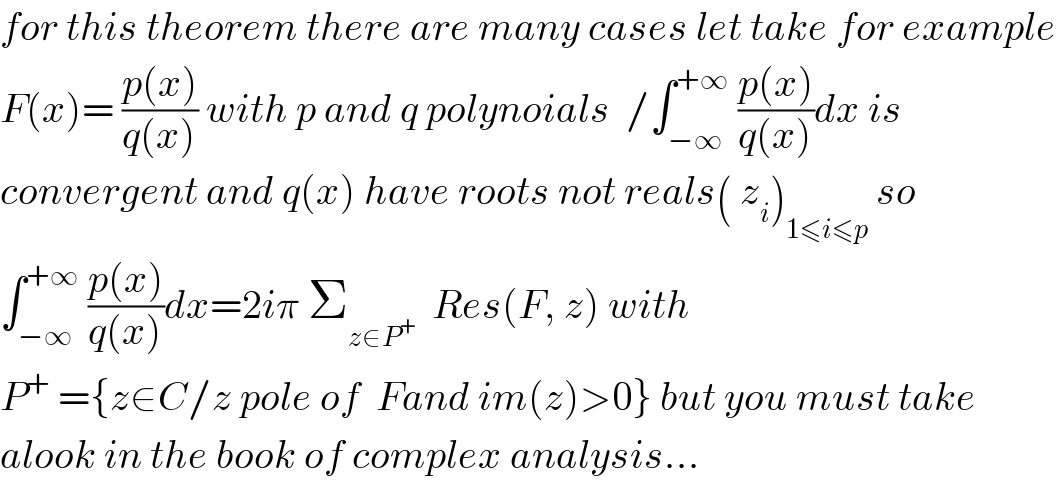
Question and Answers Forum
Question Number 30321 by rahul 19 last updated on 20/Feb/18

Commented by rahul 19 last updated on 20/Feb/18

Commented by abdo imad last updated on 20/Feb/18

Commented by abdo imad last updated on 20/Feb/18

| ||
Question and Answers Forum | ||
Question Number 30321 by rahul 19 last updated on 20/Feb/18 | ||
 | ||
Commented by rahul 19 last updated on 20/Feb/18 | ||
 | ||
Commented by abdo imad last updated on 20/Feb/18 | ||
 | ||
Commented by abdo imad last updated on 20/Feb/18 | ||
 | ||